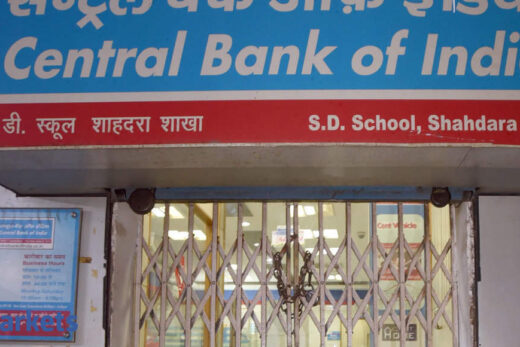Mumbai: Two government regulators — domestic markets watchdog Sebi and its counterpart for Gujarat’s GIFT City, the International Financial Services Centres Authority (IFSCA) — are on track to facilitate launching of Special Purpose Acquisition Companies (SPACs) in India. As the name suggests, SPACs are formed with a definite purpose of acquiring one or more companies but, at the time of formation, the entities do not disclose the name(s) of the target.
SPAC-like structures have been in existence for years now, floated mainly by private equity players. But of late, they have gained popularity in the developed markets. These structures are also called ‘blank cheque companies’ since investors, other than those setting these up, usually do not know for which acquisition target or the assets of a company they are putting in money till those are bid for by the SPAC. This aspect inherently makes these structures a risky proposition for retail investors, market players said.
On Thursday, Sebi formed a committee to examine the feasibility of introducing SPAC-like structures in India, news agency PTI reported. The decision by Sebi came a day after IFSCA chairman Injeti Srinivas said the regulator was on track to come up with its own regulatory framework “to facilitate startups to raise capital through sale of equity”.
The development comes even as the corporate affairs ministry is pushing for norms on direct listing of companies on foreign stock markets — an issue that has been hanging due to the reluctance of the revenue department to give up its right to tax the capital gains. While ReNew Power has already announced its plans to use the SPAC route to raise funds, others such as Grofers are exploring the option with more Indian companies expected to join the bandwagon in the coming months.
Sebi has mandated its Primary Market Advisory Committee (PMAC) to look into this structure and submit its report at the earliest, the report said. Sebi wants to explore the potential of SPACs while at the same time building adequate checks and balances in a regulatory framework to take care of the associated risks.
The Sebi committee on SPAC will have to address several regulatory challenges for these structures. Among those are if retail investors could be allowed to invest in these structures, given the high risks associated with SPACs. If they are allowed, what kinds of safeguards they should have, including at what stage these investors could be allowed. There are legislative challenges to SPACs. “As per the Companies Act, 2013, a company is required to commence business within one year of incorporation. This may not suit a SPAC which may not have business for nearly two years,” a company secretary was quoted as saying in the report.




